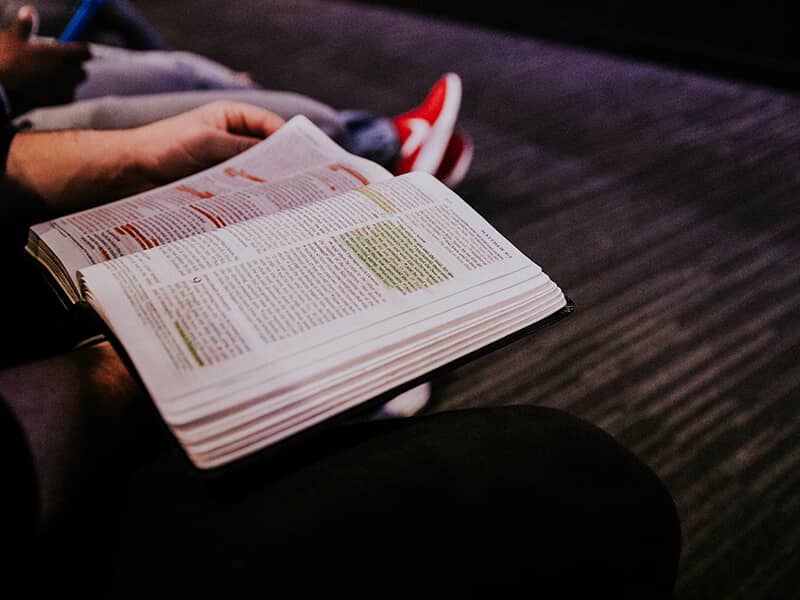"I had the moral judgment of all the nurses and the doctors against me," recalled Gazengel, who said she never regretted her decision. "It was very complicated. So I told myself if I was able to help women and move things forward, I would do it."
The gray-haired, 60-year-old mother of two digs up these memories at the end of a chilly workday at a family planning clinic in the western Paris suburb of Serge Prefecture. Now a counselor at the Movement for Family Planning, Gazengel has fulfilled her old vow, even as she has witnessed a tumultuous transformation in contraception and abortion legislation in France.
America's newly approved abortion pill, RU-486, for example, was created in France and has been available to French women since 1989. And despite pressure from the Roman Catholic Church and other opponents of family planning groups, France was also among the first countries to legalize a controversial "morning after" contraceptive pill.
Critics argue the pill, which can be taken up to 72 hours after sexual relations, is merely another variation of abortion.
Now, France's Socialist-leaning parliament is poised to go even further.
In October, the National Assembly passed a measure allowing school nurses to distribute the morning-after pill free of charge to girls as young as 11 years. Known as Norlevo, the pill is already available at French drugstores for about $8, and at family planning centers for free.
Lawmakers also are considering extending the legal period for an abortion from 10 to 12 weeks, and allowing minors to receive abortions without parental consent.
"We're a Catholic country, but we're ashamed and fearful of saying we are Catholic," complained Christine Boutin, head of the Alliance for the Rights of Life, and one of the few French lawmakers vowing to vote against the legislation.
"Even parliamentary members who are Catholic don't respect their training. This is the big difficulty that we have in France," Boutin said.
While conservative Christian groups in America weigh heavily into the debate over contraception and abortion legislation, their influence is diluted in France. One of the largest groups, Boutin's Alliance movement, has a membership of only about 30,000 and a budget of just over $1 million.
Along with the Catholic Church, leaders of France's 3 million-strong Arab Muslim community have condemned the proposed abortion and family planning legislation. Nonetheless, both admit a profound disconnect between religious practice and daily life for many French.
"It's difficult," admitted Dalil Boubaker, president of the Mosque of Paris, for second-generation Arab girls torn between strict family rules and the free-wheeling norms of the street. "Because of the secularity in France, there is no religious education in schools. There is no Islamic education in schools."
"We're at a very liberal period now," agreed the Rev. Stanislas Lalanne, spokesman for the Conference of Catholic Bishops of France. The abstinence preached by Pope John Paul II is a remote idea for many French teens, he said.
"Catholics in France are taking what they like of religion," Lalanne said. "They take a little bit of the Gospel, a little bit of Asian wisdom. And what we get is a sort of religion a la carte."
At the family planning clinic in Serge Prefecture, Gazengel, a Catholic, said she did not mind religion a la carte.
"I am comfortable with my spirituality," she said.
"When your education and your culture tell you it's not good, are you big enough to transgress?" she said.
For thousands of minors, the answer is still "yes." Of the roughly 10,000 French teens who become pregnant each year, about 6,000 choose abortion. Overall, there are about 220,000 abortions annually in France.
Family planning advocates say the new abortion legislation is unlikely to increase those numbers, an argument abortion opponents reject. Advocates say that allowing easier access to contraception in school may well trim the abortion statistics.
But at the Serge Prefecture clinic, 18-year-old Chloe expressed doubts about the school distribution plan.
"Here at the clinic, people don't know you," said the law student, who withheld her last name for confidentiality reasons. "In school, it may be difficult, because the nurse will know who you are, and your friends will know where you're going."
Both Chloe and another clinic client, Marie Noelle, considered themselves practicing Catholics. Yet both said they would consider abortion.
"A woman should not be forced to keep a child if she does not want to," said Noelle, 19, adding she would choose RU-486, the French abortion pill.
But Catholic leaders say both pieces of legislation have missed the point. Teens should be given lessons in love, they argue, not lessons about sex.
"These campaigns have all been campaigns of prevention, never of education," said Lalanne, the bishops' spokesman.
Catholic school director Daniel Watremez agreed. But during his 30-year teaching career, Watremez said, he has often bent his principles to fit his students' needs.
That was the case two years ago, when a 15-year-old girl came to Watremez seeking abortion advice. Unable to persuade the teen-ager to keep the child, Watremez did what he considered the next best thing. He phoned her mother. Both teacher and parent were at the hospital during the abortion.
The next day, Watremez remembered, he hugged his student.
"It was a choice," he said. "It wasn't necessarily mine."

